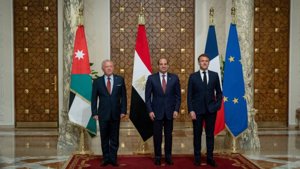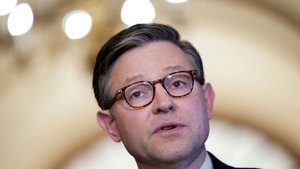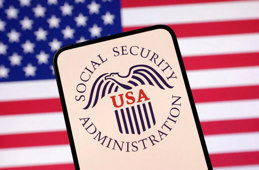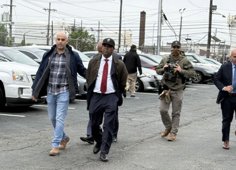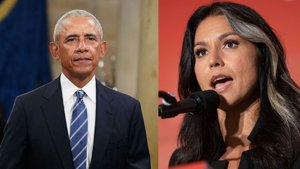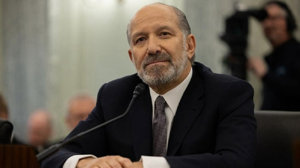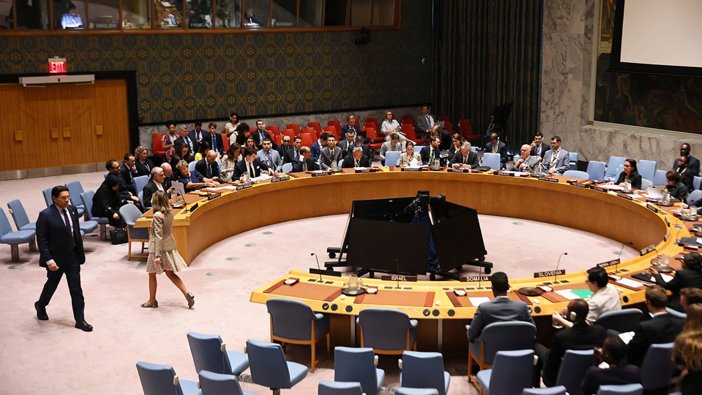
U.S. Without UN Ambassador Amid Global Crises
U.S. still awaits Senate confirmation of UN ambassador as key world crises unfold, raising concerns over diplomatic influence.
Senate Delays Leave U.S. Without Top Diplomat at U.N.
As world leaders convene to address multiple crises, the United States remains without a confirmed ambassador to the United Nations. Nearly 150 days into President Donald Trump’s second term, the crucial diplomatic post remains vacant—a situation that experts say may weaken U.S. influence at a pivotal moment in international affairs.
The vacancy follows the late March withdrawal of Elise Stefanik, whose nomination was abandoned over fears it could cost Republicans a key House seat in New York. On May 1, President Trump nominated former National Security Advisor Mike Waltz to serve as UN ambassador, but his confirmation process has only recently begun to move forward. The Senate Foreign Relations Committee confirmed receipt of Waltz’s nomination more than 45 days after it was announced, but as of Monday, no date had been set for his hearing or vote.
Officials have offered little explanation for the delay, directing questions to the White House, which has not commented on the timeline. Observers note the contrast with other high-profile appointments, such as Secretary of Defense Pete Hegseth, who was confirmed just five days after Trump’s inauguration.
Impact on U.S. Influence and International Crises
Although the lack of an ambassador is not considered “dangerous,” experts warn it diminishes Washington’s diplomatic leverage. Brett Schaefer, senior fellow at the American Enterprise Institute, explained that having senior leadership and political staff in New York strengthens the U.S. ability to negotiate at the highest levels and exert influence over critical decisions in the Security Council and Secretariat.
Despite the vacancy, the U.S. remains a permanent member of the Security Council, maintaining its veto power and participating in emergency sessions—such as the recent meeting called by Iran after Israeli military strikes. However, without an ambassador who has the president’s direct confidence, Washington’s voice at the UN risks being less effective in shaping major outcomes.
Jonathan Wachtel, former counsel to the U.S. permanent representative to the UN, stressed the urgency of American presence at the world body: “With all the conflicts around the world, whether the U.S. is directly involved or not, Washington needs its voice heard, otherwise its adversaries will step in.” He warned that in the absence of top-level representation, other nations’ arguments may carry more weight in diplomatic discussions.
As the world grapples with conflicts including Russia’s war in Ukraine, fighting between Israel and Iran, ongoing humanitarian crises, and global hunger, the U.S. faces mounting pressure to confirm its ambassador and reclaim its leadership role at the United Nations.

